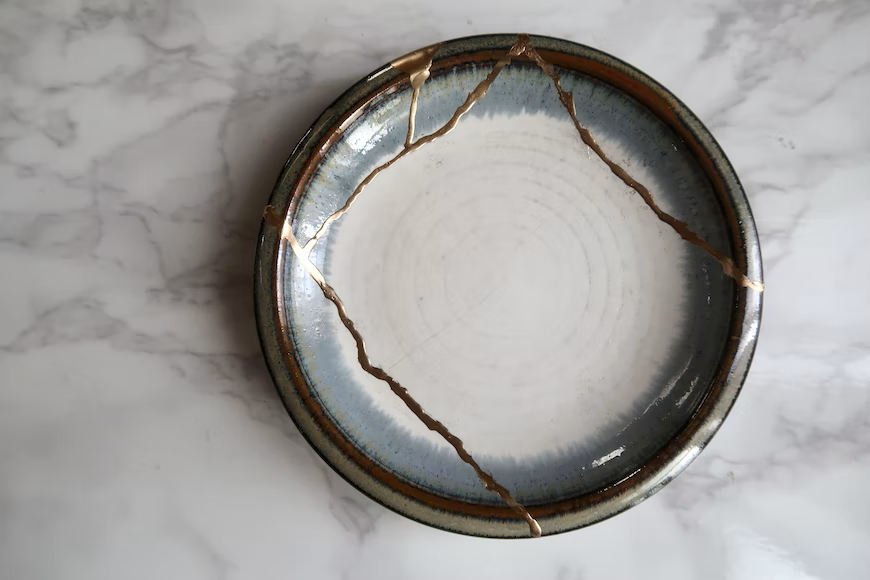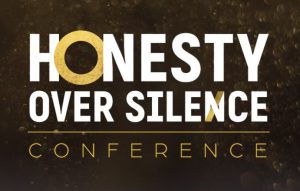
Honesty over Silence

Mental illness thrives on silence; secrecy and deception feed the illness and keep it alive. The longer we keep quiet, the more ingrained the thoughts, feelings and behaviours become.
I recently went to a conference entitled ‘Honesty over Silence’; the challenge is that once we break the silence and start being honest about our experiences, we become vulnerable. Vulnerability is tricky, it is sometimes considered weak, risky or even dangerous. But we need to see vulnerability as a positive assent, to be respected; it is to be embraced rather than feared or expostulated.
How many times have you been asked “how are you?” And said a bright and cheered “fine thanks, how’re you?”. This is fine if it’s just a salutation but how about we take advantage of this question to be honest? “I’m not doing so well today” or “feeling a bit down/anxious today”. We struggle to do this because it can lead to more questions or awkwardness but it could lead to some honesty and sharing; when one person opens up, it gives the other person a chance too.
Bringing our illness, addiction or vulnerability out into the light diminishes it. Depression in the dark is huge, black and unbearable – shedding light on it, can make it seem more manageable.
I hid my mental illness for many years, scared about what it was, lacking the language to explain what was going on. My journey to recovery only started when I finally said “I’m struggling”.
On occasions, Christians with mental illness can be made to feel they’re failing in their faith; it can be suggested that you don’t pray enough, or you don’t truly believe that God can cure you.
I’ve learnt that healing takes many forms – healing for me has not been about medical cure, it’s about walking a journey of recovery, making numerous choices, meeting inspiring people along the way and a lot of learning!
The things I’ve had to do to recover have taken time – I’d been thinking I was a terrible person for many years, the new neural pathways were not going to be formed over night – even if they had been (because God can do anything), it would have taken me a long time to get used to thinking differently and going back to old ways would have been very easy.

Jesus spent time with the stigmatised and marginalised, he showed them compassion and love which led to healing (in various forms). No matter who you think Jesus was, there is enough evidence to show he existed and was a very influential person – so, if he allowed people to be vulnerable, and even valued it, his is a good example to follow.
Christian’s believe Jesus was the epitome of vulnerability, he was God made flesh; omnipotent God became a helpless human baby, fully reliant on a care giver to provide for his every need – if God can do that, surely, I can say “I’m struggling with some dark thoughts at the moment”?
I’ve opened myself up many times in this blog but I still find it hard to be honest, and in turn, vulnerable, face-to-face – this is strange isn’t it?! I’m happy to tell strangers my inner secrets about suicidal thoughts, self harm or disordered behaviours (in the hope I can help others or make people feel they are not alone) but when it comes to being honest with my nearest and dearest, I don’t want them to worry or be brought down by my troubles.
However, the benefits of honesty far outweigh the perceived drawbacks:
- It can deepen a relationship
- You give others permission to open up
- You’ll find shared fears and vulnerabilities leading to you both feeling less alone
- Solutions may come to light
To name, just a few. How about we all give it a try, you never know what you might discover.
Inspired by the Honesty over Silence conference run by Kintsugi Hope – discovering treasure in life’s scars. Kintsugi is the Japanese art of repairing broken pottery with lacquer mixed with precious metals to highlight the join; our scars are part of our history, are brokenness is what makes us beautiful.





Comments
Just what I needed to read today. Thank you
You’re welcome, thank you for reading. Take care xx